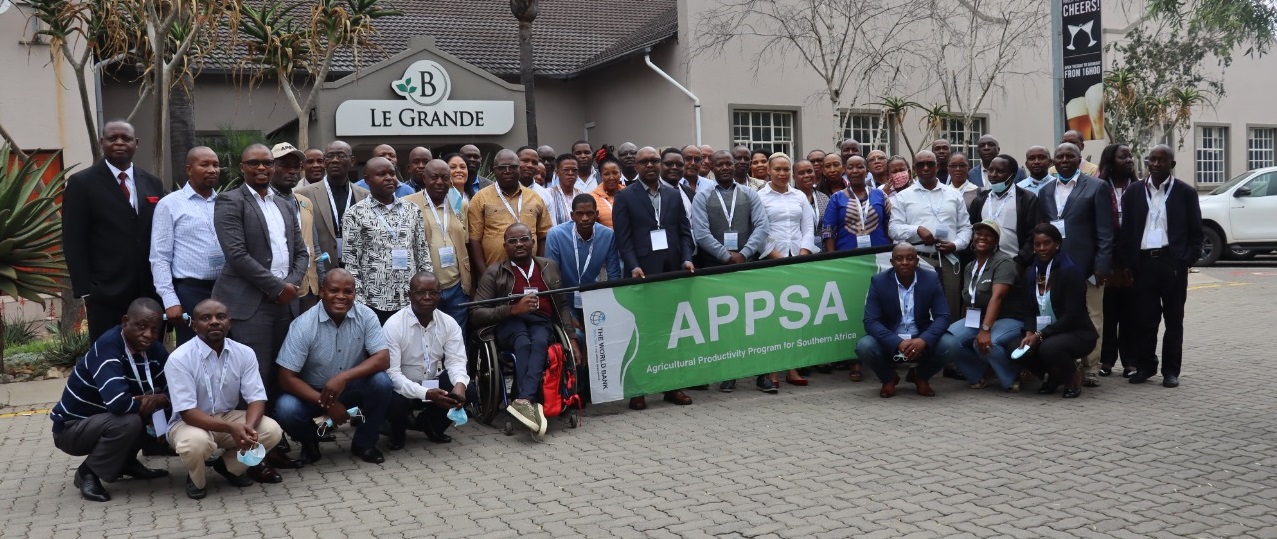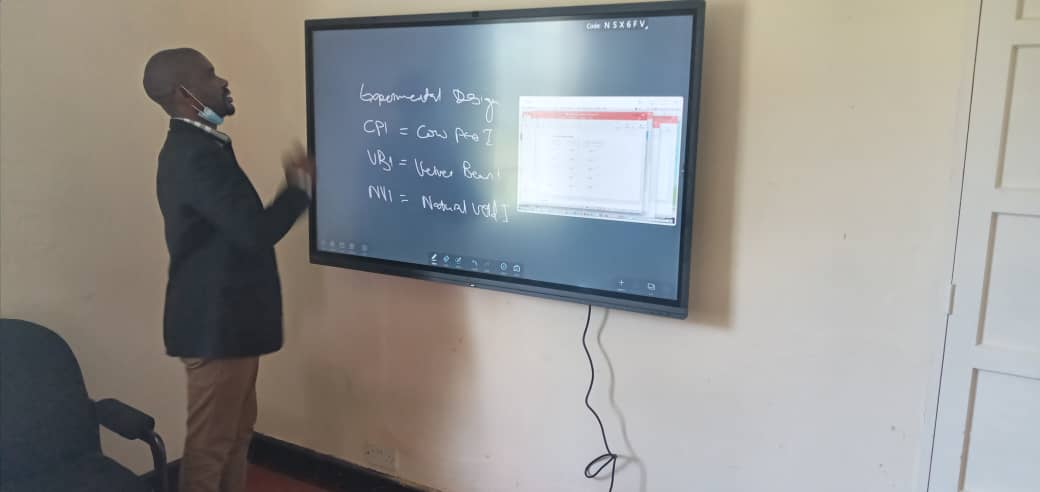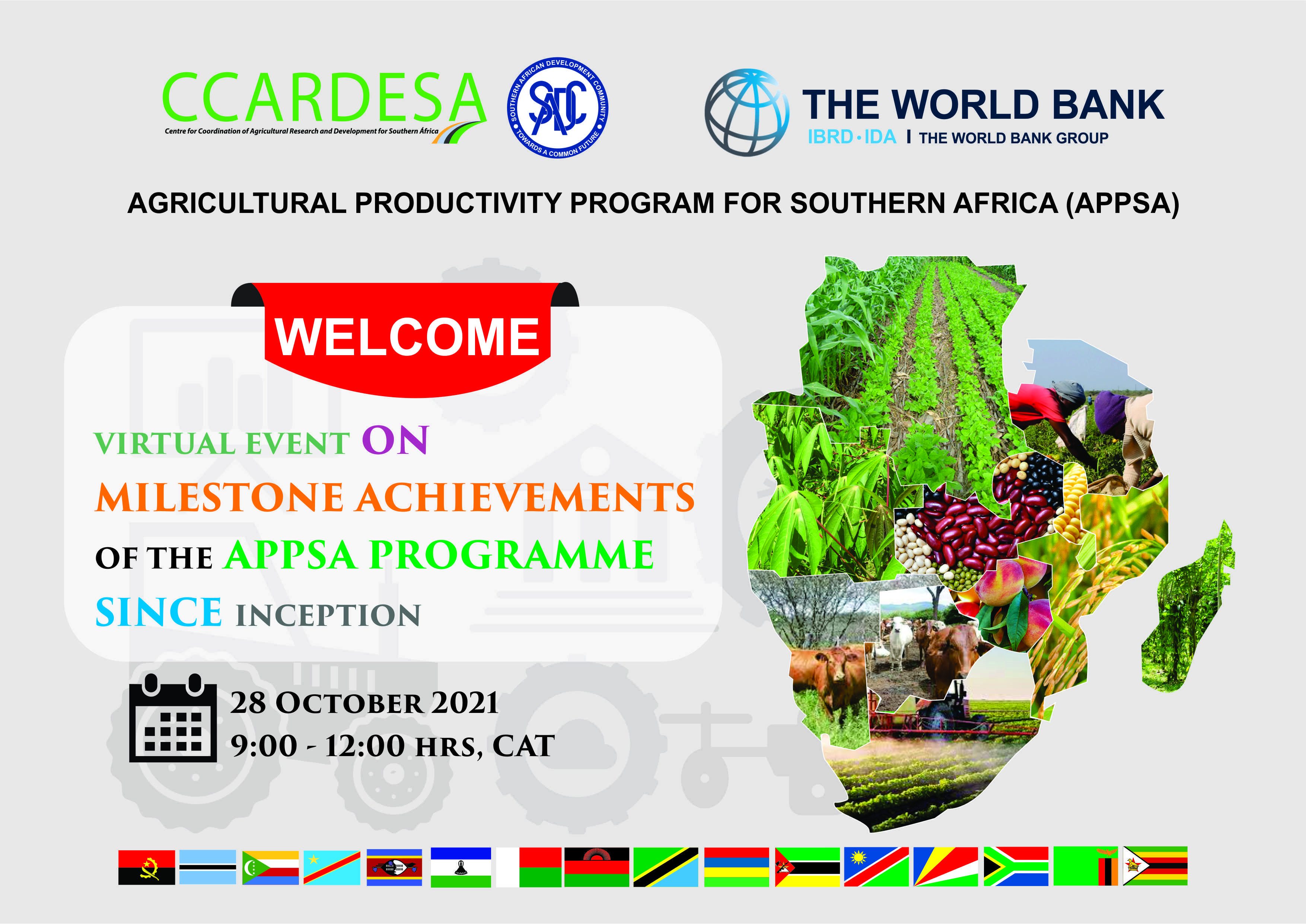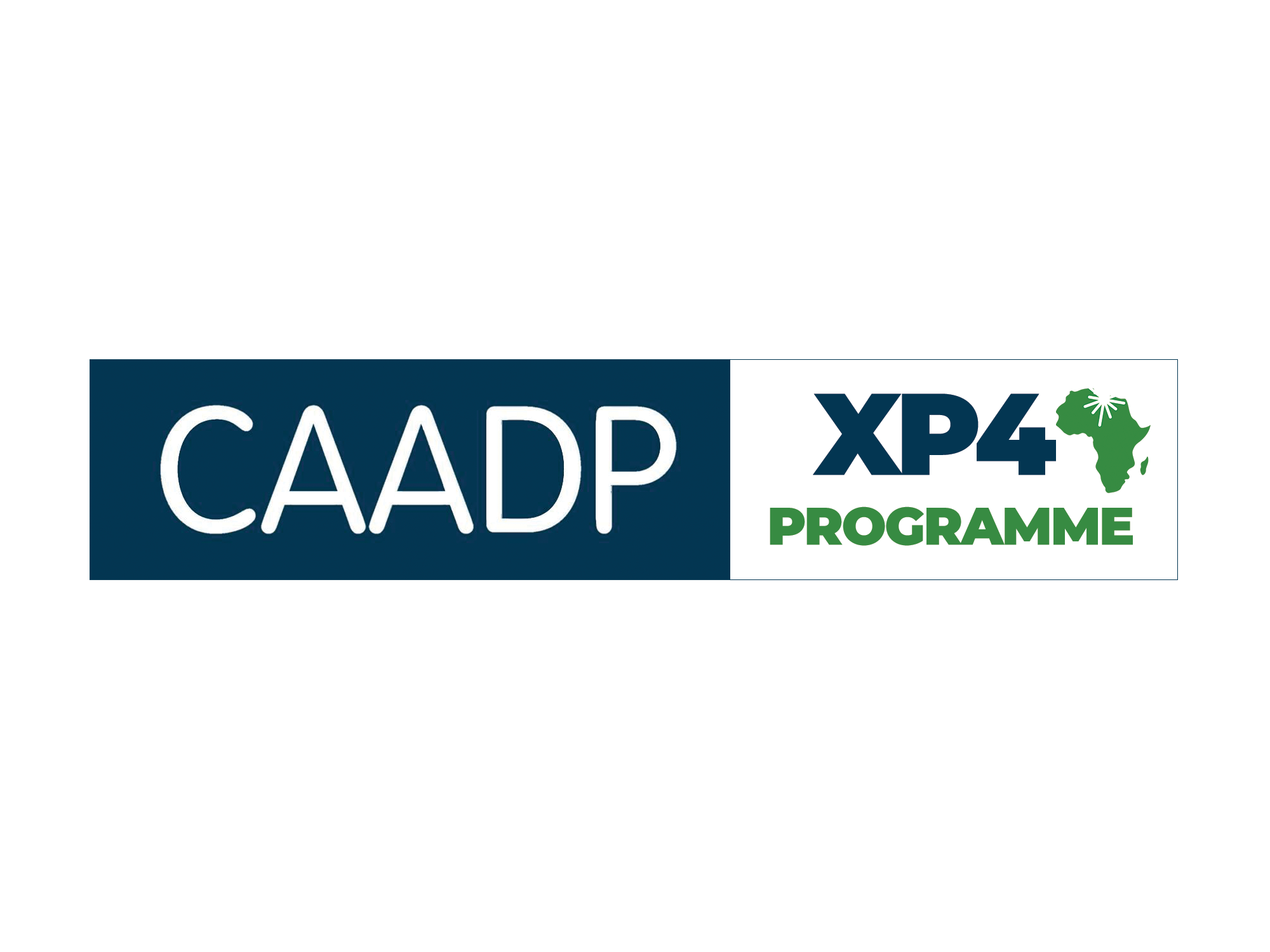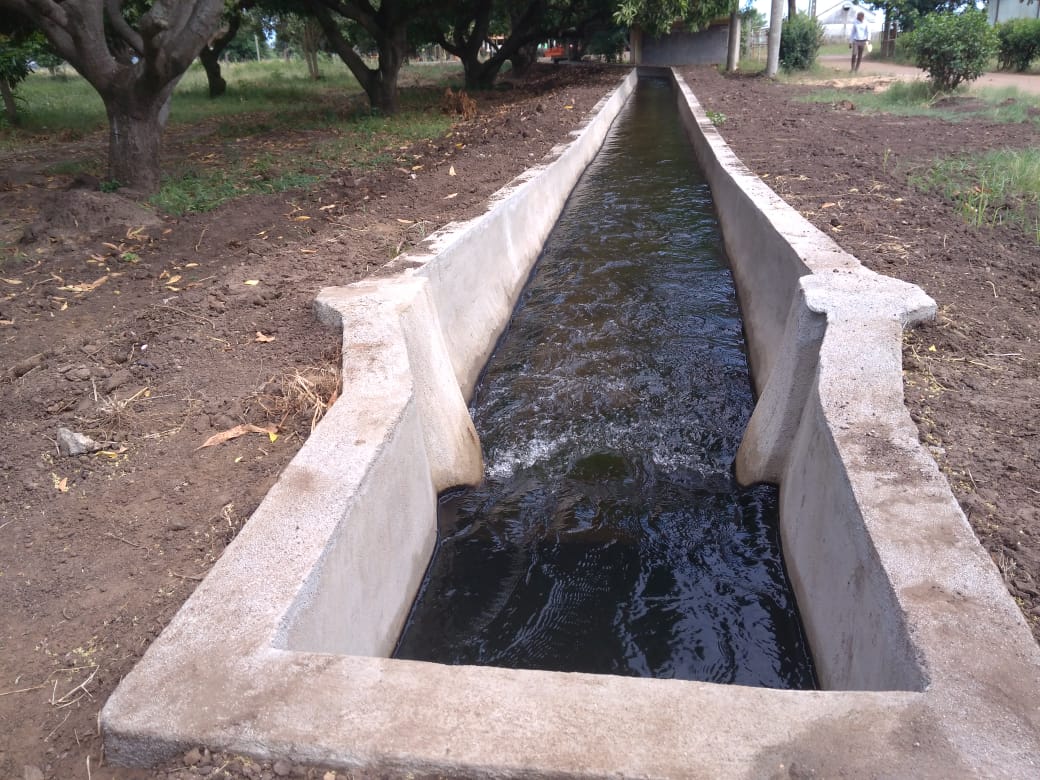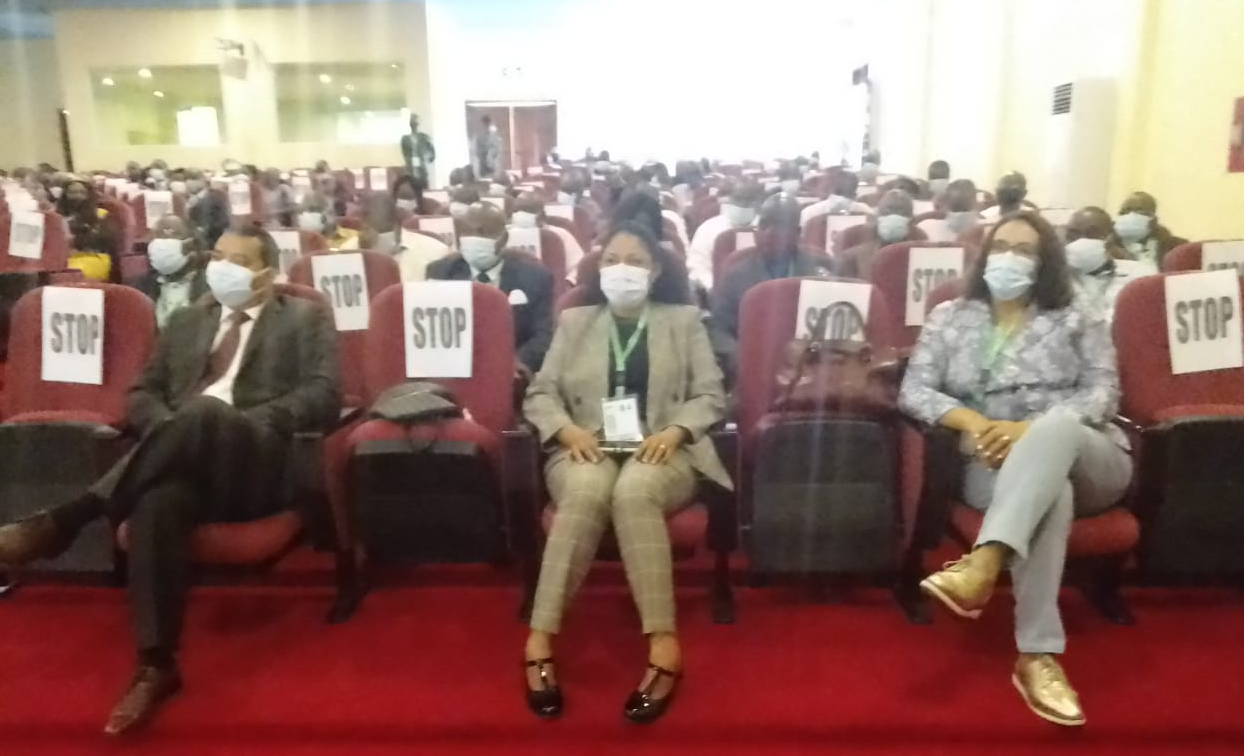Guidelines for Climate Proofing Investment in Agriculture, Rural Development and Food Security
This publication, Guidelines for Climate Proofing Investment in Agriculture, Rural Development, and Food Security, aims to present a step-by-step methodological approach to assist project teams to assess and incorporate climate change adaptation measures into agriculture, rural development, and food security investment projects. While the guidelines focus on the project level, an improved understanding of climate change impacts should also be used to incorporate climate change considerations into agriculture planning and policy at the country level. Though rural development projects include irrigation, rural infrastructure, agriculture production, and natural resource management, this report focuses mainly on irrigation infrastructure projects and agriculture production projects. These were selected because they represent 55% of the ADB's planned and approved investments in the agriculture sector in 2011.
Asian Development Bank. Guidelines for climate proo ng investment in agriculture, rural development, and food security. Mandaluyong City, Philippines: Asian Development Bank, 2012.


